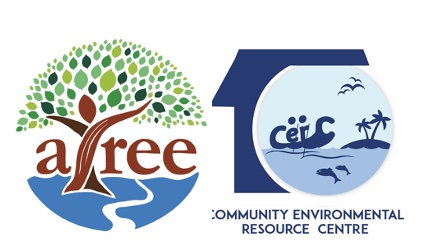The Vembanad estuarine system in Kerala, a designated Ramsar site, is one of the most beautiful and largest humid tropical wetland ecosystems in the south-west coast of India. The veritable presence of numerous canals and streams along with the legendary backwaters, the never-ending panorama of lush green paddy fields, towering coconut trees and thriving birdlife make it a delightful destination for tourism. This unique backwater with a surface area of 36,500 ha spreads across three districts of the state – Alappuzha, Kottayam and Ernakulam. 1.6 million people depend on the lake and its natural ecosystem for their livelihood. Kuttanad region, the southern portion of the Vembanad Wetlands, has developed a unique system of below sea level farming which is declared a Globally Important Agricultural Heritage System (GIAHS). The six major rivers originating in the Western Ghats – Manimala, Achankovil, Pampa, Periyar, Meenachil and Moovattupuzhayar drain into Vembanad – making it an ‘inland fish basket’ of Kerala. Eventually, this unique wetland had been subjected to intense human interventions for agriculture and developmental activities.
Vembanad Lake, Alappuzha

